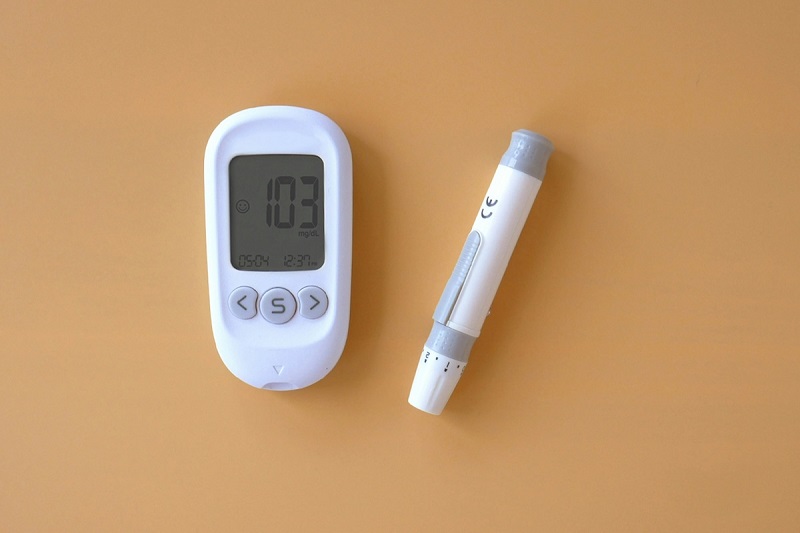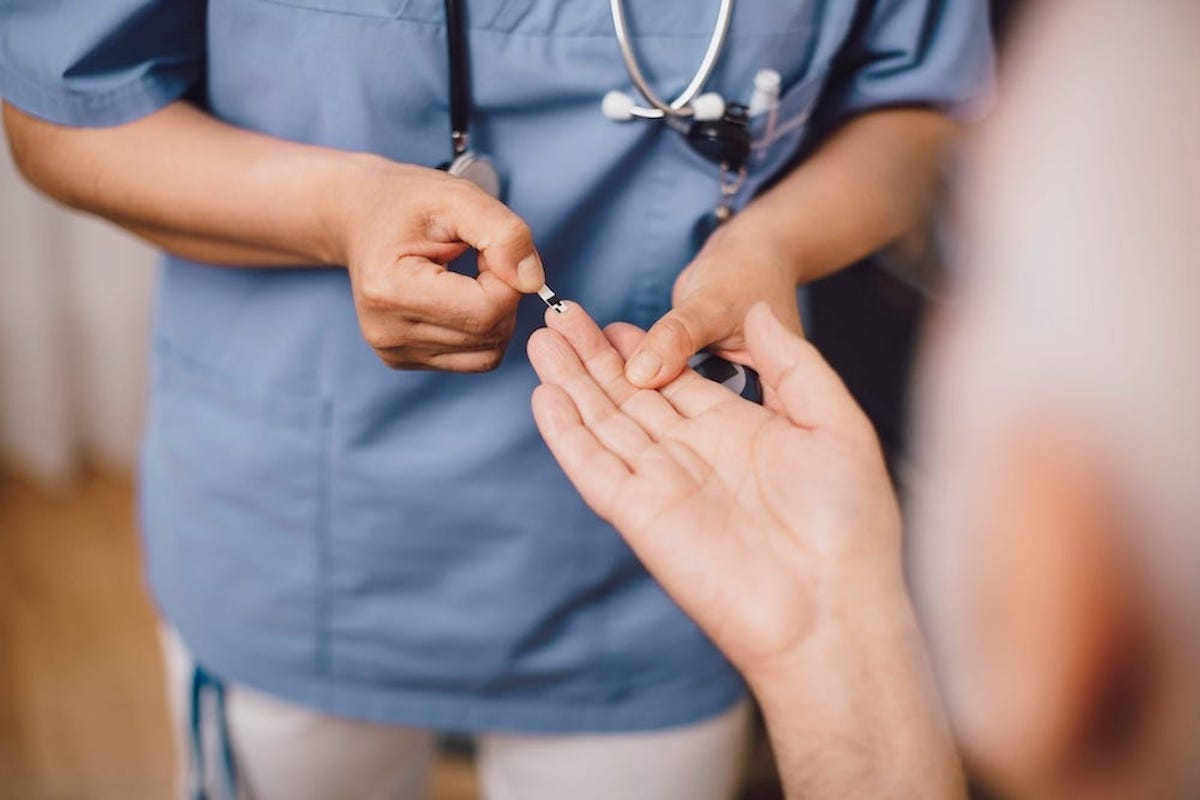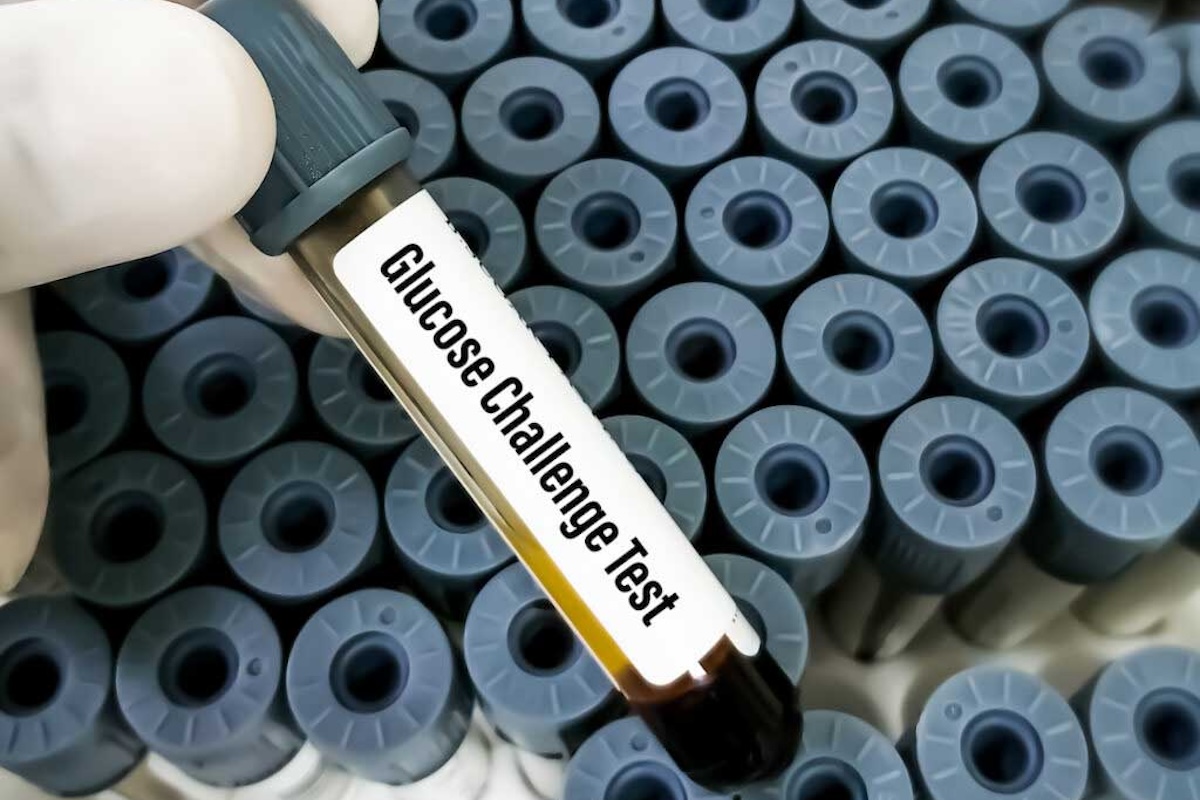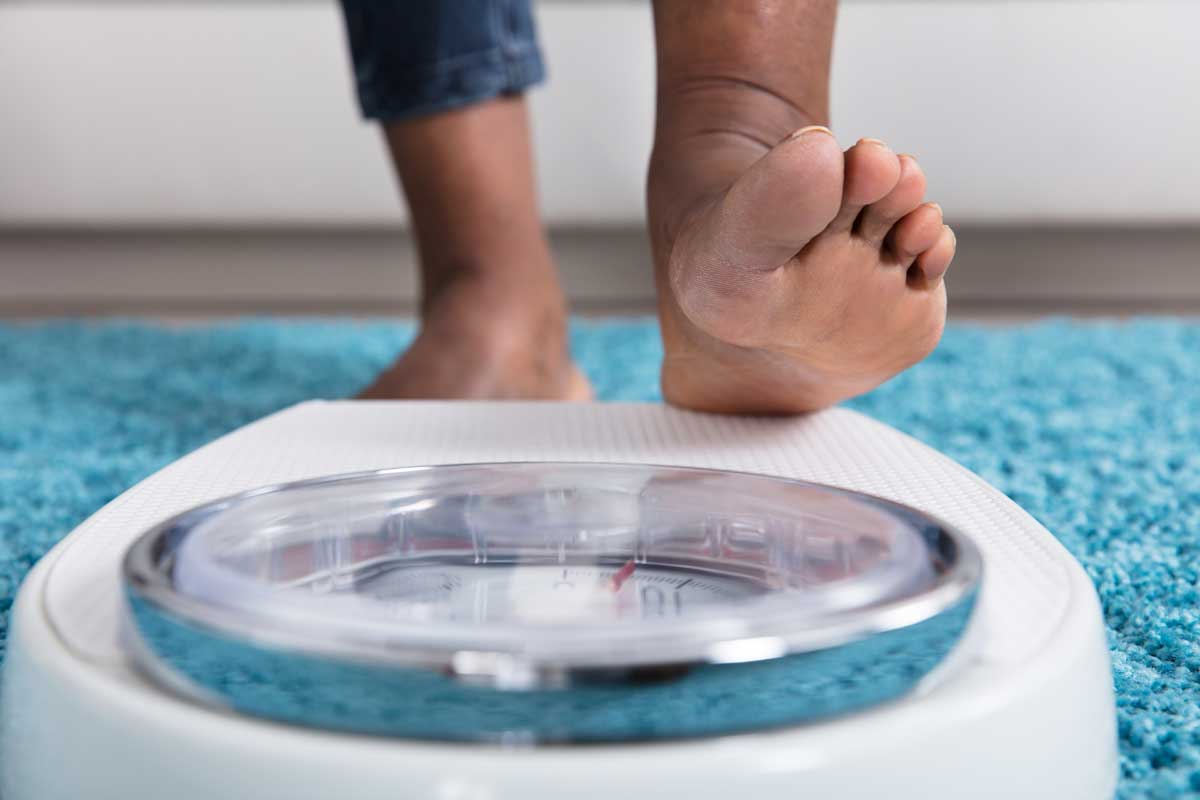I am coming up on my 10-week appointment, and my doctor is (strongly) recommending a glucose screening test. I am 37 years old and my BMI is 31.6, so I understand these are risk factors for developing gestational diabetes. But everything I’ve read says gestational diabetes most commonly develops at 20 to 28 weeks. What information is gained by testing at week 10? Is there a reason to do testing now? I am not prediabetic and am experiencing intense nausea, so I’m not looking forward to the experience!
—Not interested in unnecessary testing
As is often true in pregnancy, you’ve waded here into an area of clinician disagreement. And as is often also true, better understanding the landscape of what is going on is likely to help you make a good decision.
Gestational diabetes is a catchall phrase for diabetes that is diagnosed during pregnancy. It is typically diagnosed through a glucose screening test at about 24 weeks of gestation. In the U.S., this screening is recommended for every pregnant woman, regardless of her BMI or health history.

The complexity with gestational diabetes is that the condition could reflect two different possibilities. One possibility is that the patient developed diabetes as a result of pregnancy. This is what we usually think of when we talk about gestational diabetes. It is also possible, however, that the patient had undiagnosed diabetes before pregnancy that is only being detected during pregnancy.
The treatment would be the same, but this distinction matters because the health risks are higher for diabetes that was there prior to pregnancy and just went undetected.
For this reason, some medical bodies recommend diabetes screening in early pregnancy, in the hopes of detecting cases of diabetes that were there prior to pregnancy. (Another option — better — is screening before pregnancy, but not everyone has this done.) This early screening would happen between 14 and 20 weeks for people who are at higher risk of diabetes, typically those with a BMI over 30.
There is an active debate about whether this makes a difference. The one medium-size randomized trial of screening in situations like yours did not suggest any difference in outcomes between women with early screening and those without. Still, in theory it seems like it could be valuable, so that’s why some doctors will do it.
Whether this makes sense for you, I think, hinges on your last statement. You say you are not prediabetic, which suggests that you’ve been screened for diabetes pre-pregnancy. If that’s the case, and the screening looked good, this early pregnancy screening would be redundant.
Community Guidelines




















Log in
I wanted to share that I am pregnant and participating in a research study on GD. I have had to do the “three-hour glucose test” twice this pregnancy. Which involves fasting for 12 hours prior. When I did it in early pregnancy, it was really hard to not have coffee/breakfast in the morning before the glucose screen. BUT, for whatever reason, it totally broke my nausea/morning sickness streak. I honestly wonder about the relationship between fasting and helping with morning sickness.
As someone who has done extensive GD testing as part of this study, it really is not that big of a deal to do the test, and if you were my friend I’d just go ahead and say yes to your provider’s request.
For what it’s worth, my MFM is having me take two GD screens in my second pregnancy. My first child was large, and my GD test with him was well within the normal range. My second child is tracking large, too, so my MFM had me do two screenings, one at 18 weeks and one at 28 weeks, out of an abundance of caution. My perspective is that it isn’t harmful or particularly risky, just unpleasant, with a potential for much upside if I actually do develop GD that we somehow missed with just one test.
If the purpose of early diabetes screening in pregnancy is to detect undiagnosed preexisting diabetes, why does this need to be done via glucose screening test vs. a normal fasting glucose blood test?